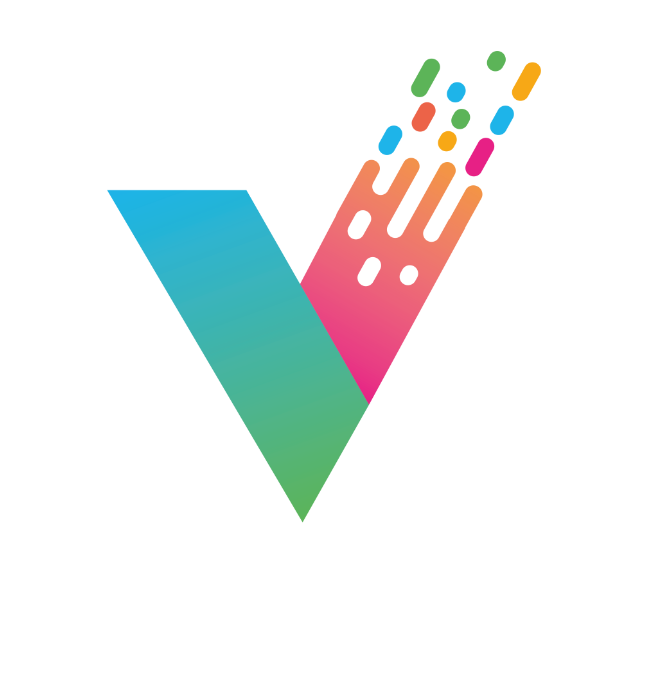
Training the New Generation of Sustainable Fashion Designers and Technicians

Sustainability is finally beginning to be a desired business model as there is an urgent call for a transformation of current fashion industry practises. Fashion is the fourth largest contributor to global pollution, is associated with high resource exploitation, waste production and air and water pollution. This indeed creates an urgent need to redefine the industry in terms of greener practices that minimise damage and promote sustainability.
The environmental footprint of fashion is increasingly coming under scrutiny as consumers become more conscious of the industry’s role in climate change and ecological degradation. Concerns over issues such as water consumption, chemical use and textile waste have prompted a demand for change. Sustainable fashion represents a future where clothes are designed, produced, reused and disposed of with environmental awareness in mind. This change requires skilled professionals who can understand and implement such sustainable practices as ethical sourcing, waste reduction and life cycle management.
So how can we achieve this change? That’s the role of vocational education and training centres.
Vocational Education and Training Centres have an essential role in this process. Not only do they integrate sustainability into the content of their programmes, but they also prepare future fashion designers and technicians with the appropriate knowledge and tools to lead the green transition. By developing greater awareness and practical skills, these centers are creating professionals who understand and know exactly how to deal with a rapidly changing industry.
New training programs focus on resource-efficient methods of production, innovative management of materials, and sustainable design principles. Hands-on and digital learning tools provide a direct link from theory into practice, enabling students to take what they learn out into the workplace. VET centers also have a very important role to play within the industry in developing a workforce prepared to meet today’s demands on sustainability and encouraging environmental responsibility.

Inspired by the need for greener practices in fashion, the VETRINE project reshapes vocational education in the interest of meeting the sustainability goals of the industry. By integrating on-the-job training, digital learning platform, and modules focused on sustainable production, the VETRINE project prepares students by providing a free online course that teaches practical skills that emphasize environmental impact.
Key topics covered in the course are: full lifecycle of textiles in a closed-loop, less harmful dye processes and resource-saving production methods. Through these modules, students are empowered to make positive choices throughout the fashion design process, preparing them to design products for minimum waste and maximum resource efficiency.
A highlight in the VETRINE initiative will be the creation of a Digital Product Passport that will be used in the context of the project’s activities: a tool to increase the transparency of individual garment environmental footprints, material origins, and recyclability. This innovative tool offers students more than just an invaluable learning opportunity; through it, they will also be prepared to communicate the value of sustainable practices with customers and stakeholders within the industry.
This green transformation of the fashion industry is driven in part by vocational education and training programmes, as well as projects such as VETRINE, to develop a new staff of sustainability-conscious designers and technicians. By combining cutting-edge education with practical applications, these programmes create professionals who will lead the industry towards responsible production and ethical consumption.
The role of vocational education and training centres in this transformation cannot be overlooked. They enable individuals to push boundaries, redefine practices and ensure that sustainability is the spine of fashion. Projects like VETRINE show the power of education in creating a greener, more sustainable future for fashion.
Text: Christina Stamatiki, EUROTraining


